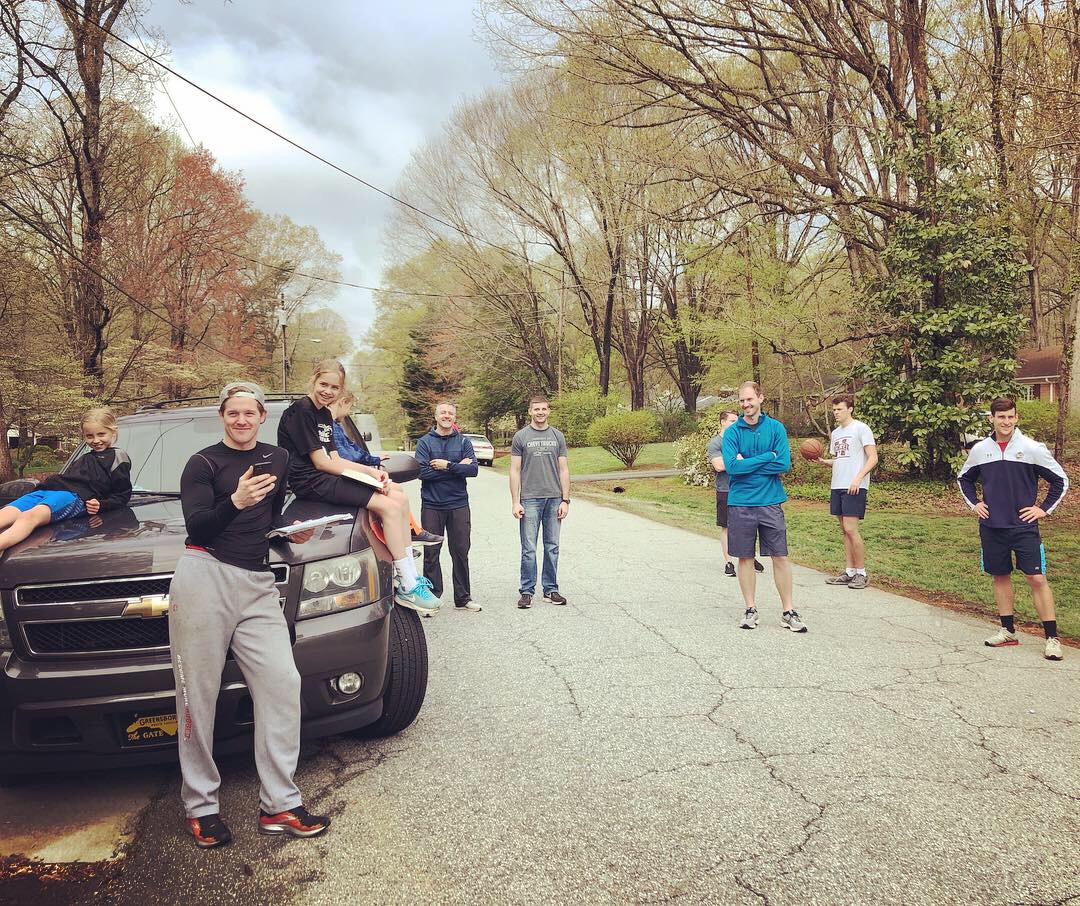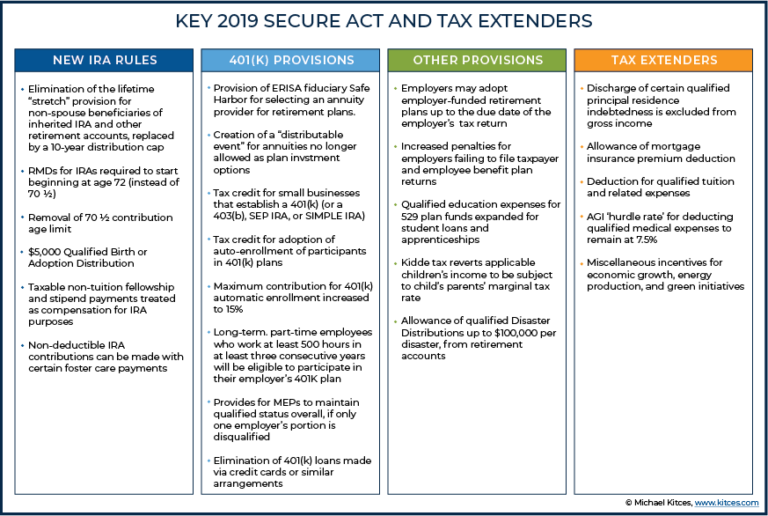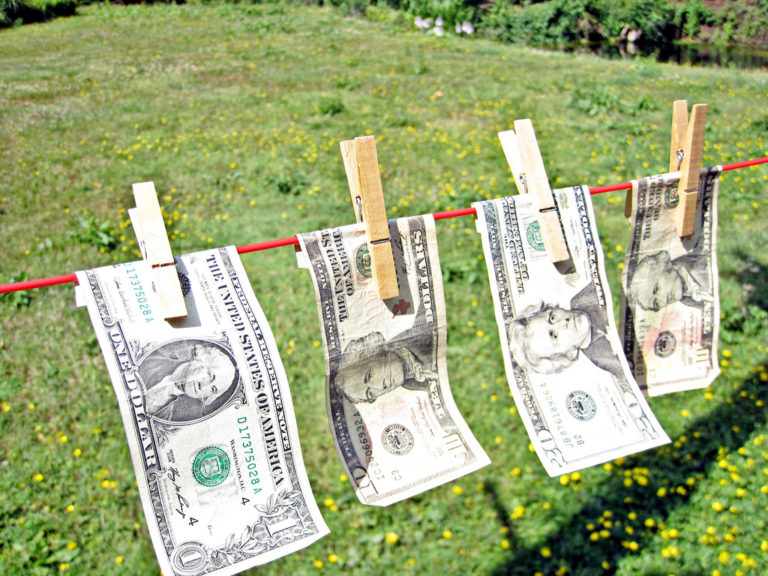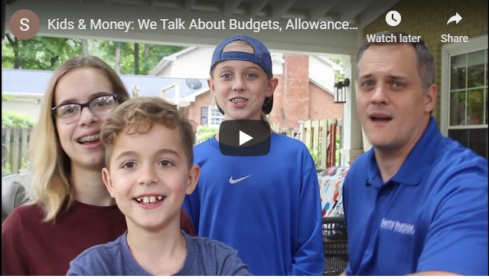5 Measures of “Wealth”
Most of us, including myself, get hung up on allowing a dollar figure to determine how “wealthy” we are. When in fact, wealth can be made up of things that are worth far more than money but are harder to quantify. Because of this difficulty in measuring, we often default to overlook these alternative measures.
When a new client comes into our office, we always ask them “what is important to you about money?” The answer is sometimes “having a lot of it!” However, when we dig deeper, we find that money often represents ‘security’, ‘opportunity’ or ‘freedom.’ Hopefully, in reading the following, we can encourage you to challenge societies perception of wealth.
Epictetus, “Wealth consists not in having great possessions, but in having few wants.”
1. Health

Health is undoubtedly one of the most valuable possessions we have. Health is so valuable because it correlates to the amount and quality of time we have. And without time, we can’t do much of anything else. If we tried to put a dollar figure on good health, we could start with two people who know a thing or two about valuations. Both Warren Buffet and Bill Gates stated that they’d give up every dollar they have for five more years of a healthy life. Based on Warren’s net worth, he is valuing one year at approximately $16.92 Billion! Sure, our time may not be as valuable as Warren’s in dollars, but even if it’s 1/16th as valuable, that’s still $1.0575 billion per year. Health also allows us to enjoy life and our world fully. When we pursue health, it provides us with more energy, resilience to disease, and self-confidence which is hard to find elsewhere!
2. Relationships
Friends and family are PRICELESS, and as an added bonus they make life interesting. Speaking from experience, friends will not only hide a live bass in your picnic basket while you’re on a date in high school (greatly altering the overall flavor of the food and evening), but they are also there to laugh with you after (Ha…Ha). Even when science digs its little fingers into friendships; it comes back with nothing but good things to say. According to a Harvard business study which spanned 80+ years, the happiest people aren’t the most powerful, wealthiest, traveled, or popular. The happiest people are those with the best relationships with family and friends. Be aware that “best” does NOT mean the easiest. The best relationships are the ones that build us up and stick with us through thick and thin; they are the relationships that stand the test of time and make us feel loved.

“Friends are God’s way of apologizing for your family” – Tennessee Williams
3. Choices
Through our choices, we have unimagined wealth. We decide where we work and spend 8+ hours every day. We decide where we live. We decide who we want to date or marry. We decide on our daily habits and who/what gets our attention. We decide how we react when times are tough, and the chips are down. These split-second decisions, on which path to take, will define our lives.
However, past choices can’t be changed, and there’s no point in dwelling on them for longer than is needed to learn from them. So, let’s pretend that we woke up from amnesia today and are taking stock of our life. We can only go forward and make the best decisions possible with what we have. The best thing we can do is to start making wise choices today and do our best to lower the number of regrettable decisions we make going forward. This sounds easy until life happens, that whole “everyone has a plan until they get punched in the face” – Mike Tyson. Which means it’s going to be hard and we need to train our reactions to a certain stimulus before the big decisions arise. So we are reacting in the correct way instead of having to decide on the spot.
Through preparation for unknown and difficult decisions. We can increase our chances of making great decisions. For example, If we save and live below what we can afford, on a daily basis. Then when a friend needs a car, we can buy them a $2,000 Honda Accord. And, if we don’t overextend our calendar and learn to say no. Then when a family member needs our attention, we can sit and shoot the breeze with them for 2 hours. If developing a better foundation for choices and habits sounds attractive, I’d recommend “Atomic Habits” by James Clear. We recently read it as a firm and thoroughly enjoyed it.
4. Contentment
It’s not easy to be content with what we have and to be confident regardless of what we don’t. We seem to enjoy assaulting ourselves from an arm’s length away with a bright flashing screen saying go on this vacation, buy this car/house, befriend this person, or get the newest toy. Why? Because you deserve it, or someone, somewhere thinks it’s cool or smart or the wave of the future. In the search for more, we may accidentally give up on something or someone else. There is always an opportunity cost to saying yes to something, and it’s saying no, possibly unknowingly, to something else.
Contentment is a mindset. To gain control of our contentment, we need to think about what makes us content. If spending time or money on something would bring me contentment, but would endanger other goals that are (or should be) more important to me, then I need to pause and reflect. Discussing contentment reminds me of a client of ours who said that she was reaching the point in her life where she was “wanting what she already had.” That doesn’t mean she doesn’t enjoy life. She still went out and bought a new car soon after. However, she did it because she was already fulfilling her other goals and she could afford it.
Lao Tzu: “Care about what other people think and you will always be their prisoner.”
5. Money
Money is a trigger word for most. It can excite, bring up bad memories and fear, or cause others to avoid talking about it altogether. I believe that there is a base level of money that improves life. That life improving amount is the income needed to provide for the first two levels of Maslow’s Hierarchy of needs (physiological needs and safety/security). Granted this dollar amount may range depending on where we live (L.A. vs. South Dakota). However, once these levels are met, we start to have diminishing marginal returns on how the next $100 affects our lives. At first, $100 makes a big difference, but before too long we “need” $1,000, $10,000 or $100,000 to get the same endorphin kick that $100 used to provide.
One key to avoiding this constant need for more is to underspend and give money away. Money rarely hurts someone by being underspent, but it can hit hard by being overspent. In other words, we believe that having a healthy view of money is a measure of wealth (rather than simply an absolute dollar amount). TED Talk’s even has a video on intentional spending, “How to buy happiness” that’s worth a listen.
Closing and Questions
It’s a bonus that being wealthy in health, relationships, choices, contentment, and having a healthy view of money will likely produce the highest probability of personal success in retirement. And to encourage this success we’ve listed a few questions below to self diagnose the different measures.
Health:
- Am I eating healthy and getting enough sleep?
- If I have health issues that are out of my control, am I making the most of the health that I do have?
- Am I finding a fun way to exercise regularly?
Relationships:
- How can I be more interested in what my friends/family enjoy?
- When was the last time we went to an event together just for fun?
- How can I encourage them or do a favor for them today?
Choices:
- What is something I can do once a week to improve my life? (Flossing?)
- When was the last time I gave into temptation and how can I overcome it next time?
- Should I put my phone away for x number of hours after getting home?
Contentment
- List five good things in your life.
- Who could I write a thank you note or just thinking of you letter to?
- Do I have a habit of satisfying discontentment with spending?
Money
- What or who can I help with a small amount of money today?
- Am I comparing myself against others and is that healthy?
- Does my spending over the last 12 months line up with what I value?
I hope that I can remember that this is a balancing act, not a race to the top of one measure. Also, I hope that I can reflect on my own life and appreciate where I am extremely wealthy but have never realized it. Such as hopefully being a time billionaire! (2 billion seconds = 63.4 years). If reading through this something stuck out that you’d like to address, please let me know, we are always open to improving.








